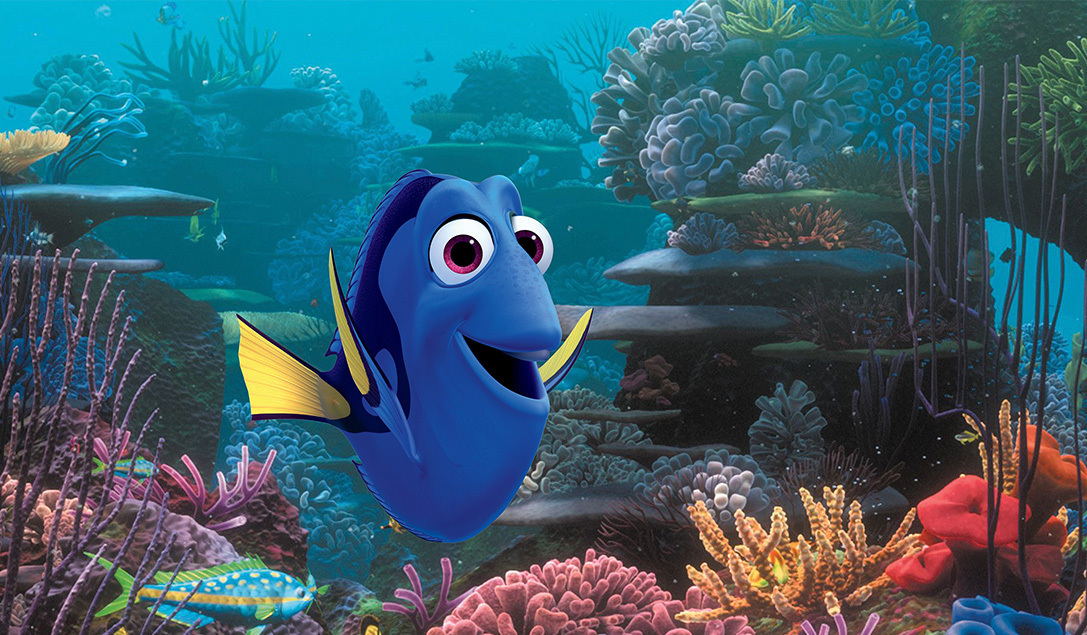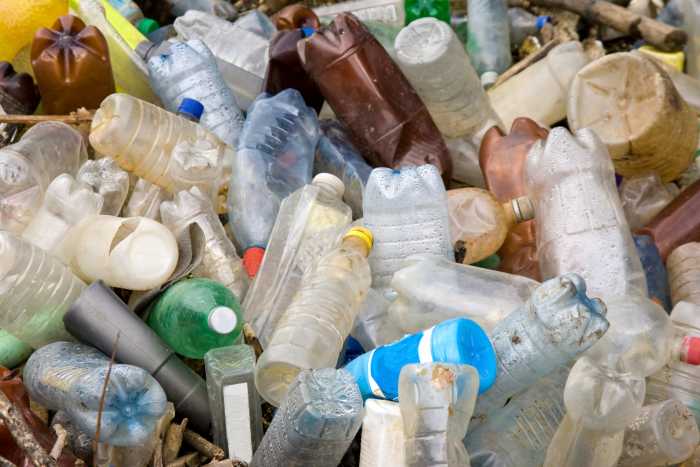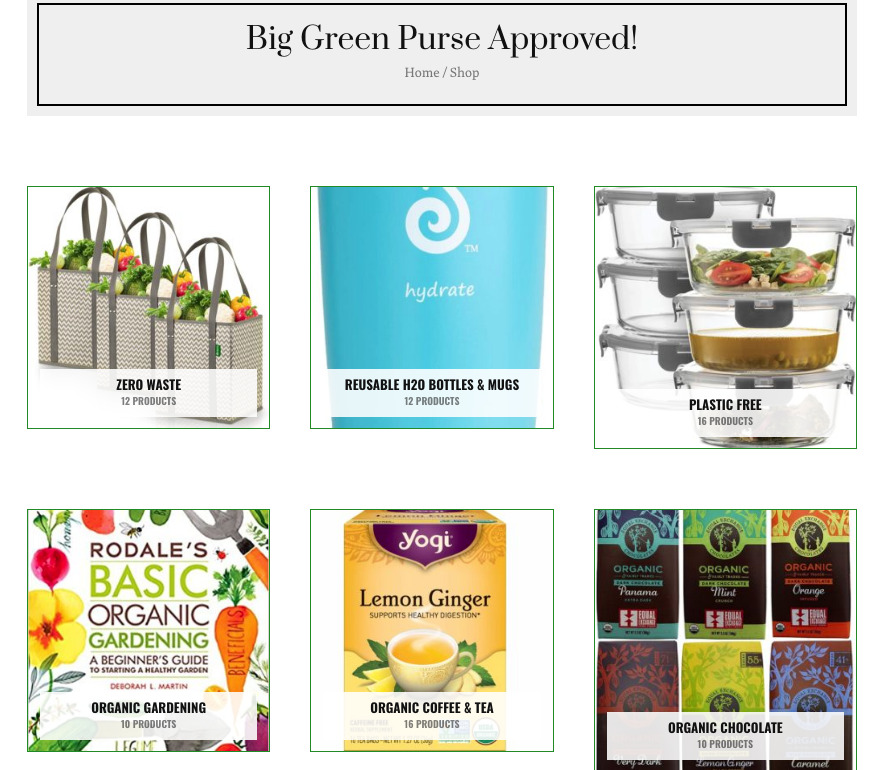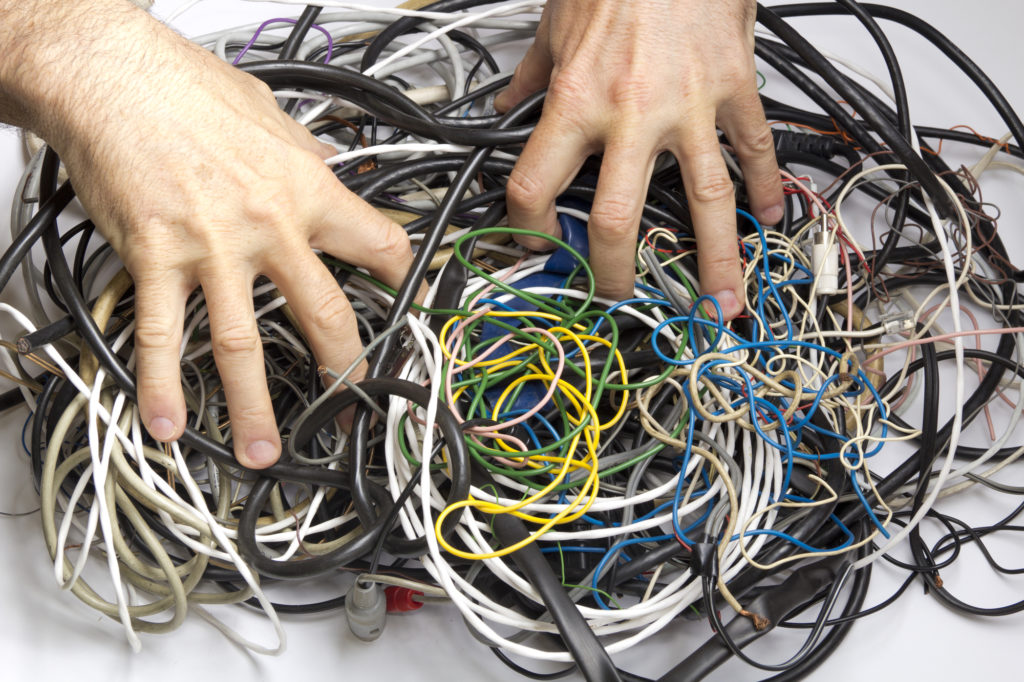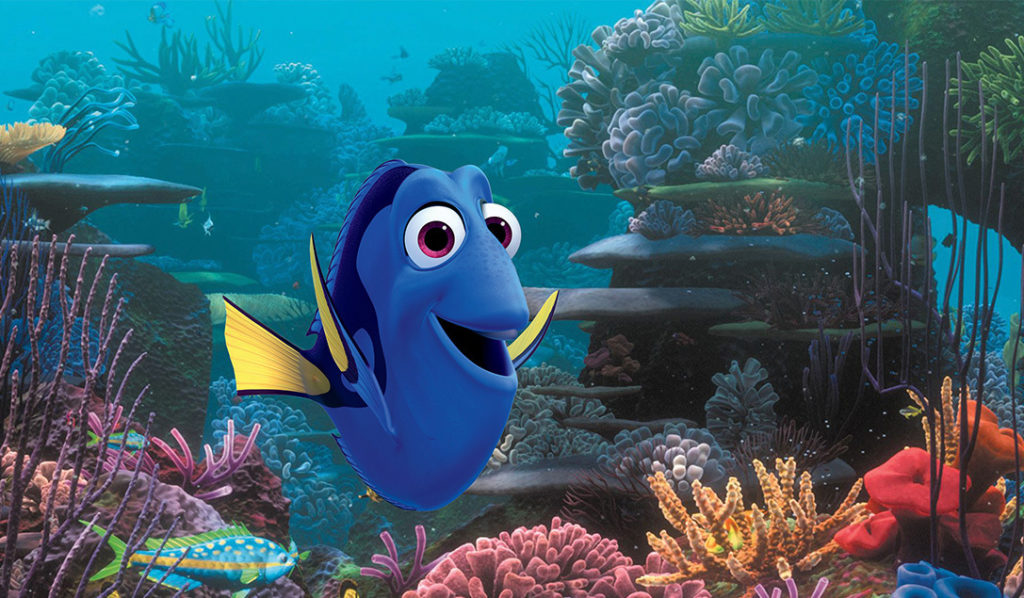
In the new animated Disney movie “Finding Dory”, the adorable little blue toon voiced by Ellen DeGeneres accidentally drifts into the open ocean while sleeping, The plastic gets stuck in the six-pack ring, And is eventually caught.
The string turned out fine. His terrified family eventually finds him, and they go back to swimming around kelp forests, gorgeous coral reefs and all kinds of other fish, urchins, octopi, sea otters and more.
but here it is spoiler ALERT: The movie is a cartoon, but the oceans depicted in it are not cartoons, especially when it comes to plastic pollution. In fact, by 2050, Dory’s fate may be much worse than depicted in the film. that’s because:
Scientists estimate that in less than 35 years
When measured by weight, there will be more plastic in the ocean than fish.
All good movies have a hero, and luckily, our real-life movie about ocean pollution has a hero too. it is love ocean expedition, a joint initiative of the National Geographic Society’s Pristine Seas Project and Davidoff Cool Water, a fragrance for men whose sales help protect marine environments around the world. They are sponsoring this post so you can participate and not only love the oceans, but also help save them.
why bother?
Don’t you think the oceans deserve protection? Here are 6 surprising facts that will change your mind in less time than it takes to make a tuna fish sandwich.
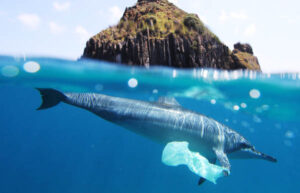
Stop ruining the oceans.
6 mind boggling reasons.
1) 71% of the “Earth” is covered by ocean. The world as we know it exists because of the oceans. No ocean? not us.
2) Over 50% of the oxygen we breathe is produced by our oceanS. Don’t you like the idea of suffocating? Keep the oceans alive.
3) A staggering 11 billion pounds of plastic waste was dumped into the ocean in 2012 alone. That’s just one year. Now multiply that year by year. It’s mind boggling, isn’t it?
4) By the year 2050, there will be more plastic in the oceans than fish, measured by weight. Yes, I said it already. I am repeating it so you will also repeat it. Because that’s what you need to do with surprising facts. Tell everyone you know to blow their minds too – right before they take action.
5) 90% of the world’s fisheries are either overexploited or completely depleted. This means that the fish that used to be there are no longer there.
6) 47% of edible seafood is wasted every year in the United States alone. It’s like taking that nice piece of grilled salmon to your plate, cutting it in half, and throwing it away. Just now. like. He.
What can you do to save the string and stop ruining the oceans? Go plastic free.
“We can’t ignore the importance of protecting the world’s oceans,” says hunky actor/model Scott Eastwood (yes, that Eastwood), spokesperson for the Love the Ocean website.
“As individuals, we have more power to change the world than we think.”
Eastwood also encourages people like you and me to go plastic-free. This way:
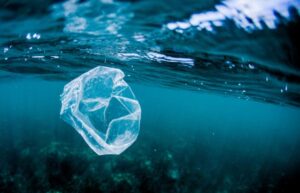
- to stop Using too much plastic, especially plastic bags.
- to encourage Your local government will introduce legislation supporting a ban on plastic bags, or ask consumers to pay a small fee to use plastic bags instead of their own reusable items.
- Take the plastic free challenge. Avoid single-use plastics for as long as you can – a day, a week, a month or more? (on Beth Terry my plastic free life Can show you how to live very happily without plastic.)
- Use your social networks. Encourage friends, family, neighbours, colleagues and your online community to give up plastic habits too.
- Join the cleanup. Davidoff has been organizing beach cleanups in the United States, United Kingdom, and Germany to get people involved. But don’t wait for them to arrive. Your local environmental organization and coastal conservation group have probably already started the cleanup. If not, help them move on.
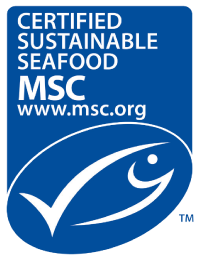 By the way, make sure you’re eating the right fish too. Leave endangered species alone. Buy only seafood certified as sustainably farmed by the Marine Stewardship Council. You can see the list of Here’s what they recommend. Or, look for their eco-label when you shop.
By the way, make sure you’re eating the right fish too. Leave endangered species alone. Buy only seafood certified as sustainably farmed by the Marine Stewardship Council. You can see the list of Here’s what they recommend. Or, look for their eco-label when you shop.
10 Questions in your mind to Related Ocean Pollution:
- How to Conduct a Plastic Audit at Home?
Provide a step-by-step guide on tracking your plastic consumption for a week.
Include instructions on categorizing plastic waste (single-use, packaging, etc.) and calculating the total amount.
Briefly mention resources for finding printable plastic audit worksheets online. - How to Choose Sustainable Seafood Options?
Explain the concept of sustainable fishing practices and their importance in preserving ocean ecosystems.
Offer guidance on identifying eco-friendly seafood certifications like Marine Stewardship Council (MSC).
Briefly mention resources and apps that help consumers make informed choices about sustainable seafood. - How to Organize a Community Beach Cleanup?
Provide a guide on planning and executing a beach cleanup event, including securing permits and partnering with local organizations.
Discuss strategies for promoting the event, recruiting volunteers, and collecting and responsibly disposing of waste.
Briefly mention online resources and toolkits available to assist with organizing beach cleanups. - How to Make Your Own Reusable Shopping Bags?
Offer tutorials for sewing reusable shopping bags from different materials like cloth or tote bags.
Include clear instructions with pictures on various bag designs and difficulty levels.
Briefly mention eco-friendly alternatives to traditional shopping bags, like upcycled tote bags or mesh produce bags. - How to Advocate for Plastic Bag Bans in Your Community?
Explain the benefits of plastic bag bans and strategies for building community support.
Offer guidance on contacting local representatives and presenting arguments in favor of a ban.
Briefly mention resources and sample petitions advocating for plastic bag bans. - How to Reduce Microplastics in Your Laundry Routine?
Explain how synthetic clothing releases microplastics during washing and how to minimize it.
Offer tips on using laundry bags designed to capture microplastics and choosing eco-friendly laundry detergents.
Briefly mention the growing movement towards natural fiber clothing and its environmental benefits. - How to Host a Plastic-Free Party or Event?
Provide creative ideas for organizing celebrations and events that avoid single-use plastics.
Offer tips on using reusable plates, cutlery, and decorations, and opting for bulk food options with minimal packaging.
Briefly mention resources and online communities dedicated to planning sustainable and plastic-free events. - How to Talk to Your Kids About Ocean Pollution?
Explain age-appropriate ways to educate children about the importance of healthy oceans and the dangers of plastic pollution.
Offer ideas for engaging activities like creating art from recycled materials or organizing a family beach cleanup.
Briefly mention children’s books and educational resources that address ocean conservation in a fun and informative way. - How to Build a DIY Water Filter and Reduce Plastic Bottle Waste?
Offer tutorials for creating simple water filters using household items like charcoal and activated carbon.
Explain the benefits of using filtered tap water over bottled water, including cost savings and reduced plastic waste.
Briefly mention commercially available reusable water filters and their long-term benefits. - How to Start a Composting Program in Your Home or Community?
Explain the process of composting food scraps and yard waste to create nutrient-rich soil for gardens.
Offer guidance on setting up a backyard compost bin or joining a community composting program.
Briefly mention how composting reduces reliance on plastic trash bags and creates a sustainable waste management solution.
FAQs:
Durability: Unlike many pollutants, plastic doesn’t biodegrade in the traditional sense. Instead, it breaks down into microplastics, tiny fragments that persist for centuries in the ocean.
Harm to Marine Life: Microplastics are easily mistaken for food by fish, shellfish, and other organisms, entering the food chain and potentially causing health problems or death. Larger plastic debris can cause entanglement, leading to injuries, starvation, and suffocation in marine animals.
Ubiquity and Spread: Plastic pollution is pervasive in our oceans, reaching even the remotest locations like deep-sea trenches. Currents and wave action can break down and disperse plastic over vast distances, creating a global problem.
Disrupted Food Chain: When marine animals ingest plastic, it can disrupt their digestive systems, reduce their ability to absorb nutrients, and even lead to death. This disrupts the delicate balance of the marine food chain, impacting populations throughout the ecosystem.
Contaminated Seafood: Microplastics can accumulate in the bodies of fish and shellfish, potentially posing a health risk to humans who consume contaminated seafood.
Economic Damage: Plastic pollution harms coastal communities that rely on tourism and fisheries. Plastic debris can litter beaches, deter tourists, and damage fishing gear and boats.
Unfortunately, this prediction is based on scientific research and current trends in plastic production and waste management. The only way to prevent this grim future is through a multi-pronged approach:
Reduce Plastic Production: Governments and industries need to invest in alternatives to single-use plastics and promote sustainable packaging options.
Improve Waste Management: Enhance recycling infrastructure and waste collection systems to ensure plastic waste doesn’t end up in our oceans.
Individual Responsibility: Consumers can significantly reduce plastic consumption by opting for reusable bags, bottles, and containers. Choosing products with minimal packaging and supporting businesses committed to sustainability are additional ways to make a difference.
By 2050, scientists estimate that there will be more plastic in the oceans than fish, measured by weight. This projection underscores the severity of the plastic pollution crisis.
Approximately 90% of the world’s fisheries are either overexploited or completely depleted. This depletion threatens marine biodiversity and food security.
The ocean plays a vital role in maintaining the health of our planet:
Oxygen Production: Over half the oxygen we breathe comes from marine plants like phytoplankton. Healthy oceans ensure a clean and breathable atmosphere.
Climate Regulation: Oceans absorb significant amounts of atmospheric carbon dioxide, mitigating climate change and its effects.
Biodiversity: Marine ecosystems provide habitat for countless species and are a source of new medicines and scientific discoveries.
Food Security: Healthy oceans are crucial for food security, providing a significant portion of the protein consumed globally.
The Plastic-Free Challenge encourages individuals to avoid single-use plastics for a set period. Participants can learn sustainable living practices and reduce their environmental impact.
Utilize social networks to raise awareness and encourage friends, family, and community members to adopt plastic-free habits. Collective action is essential for driving meaningful change.
Yes, organizations like Davidoff organize beach cleanups worldwide. Additionally, local environmental and coastal conservation groups often host cleanup events and welcome volunteer participation.
You can participate in beach cleanups, support legislation for plastic reduction, and spread awareness about ocean conservation. Every individual action contributes to safeguarding our oceans for future generations.

